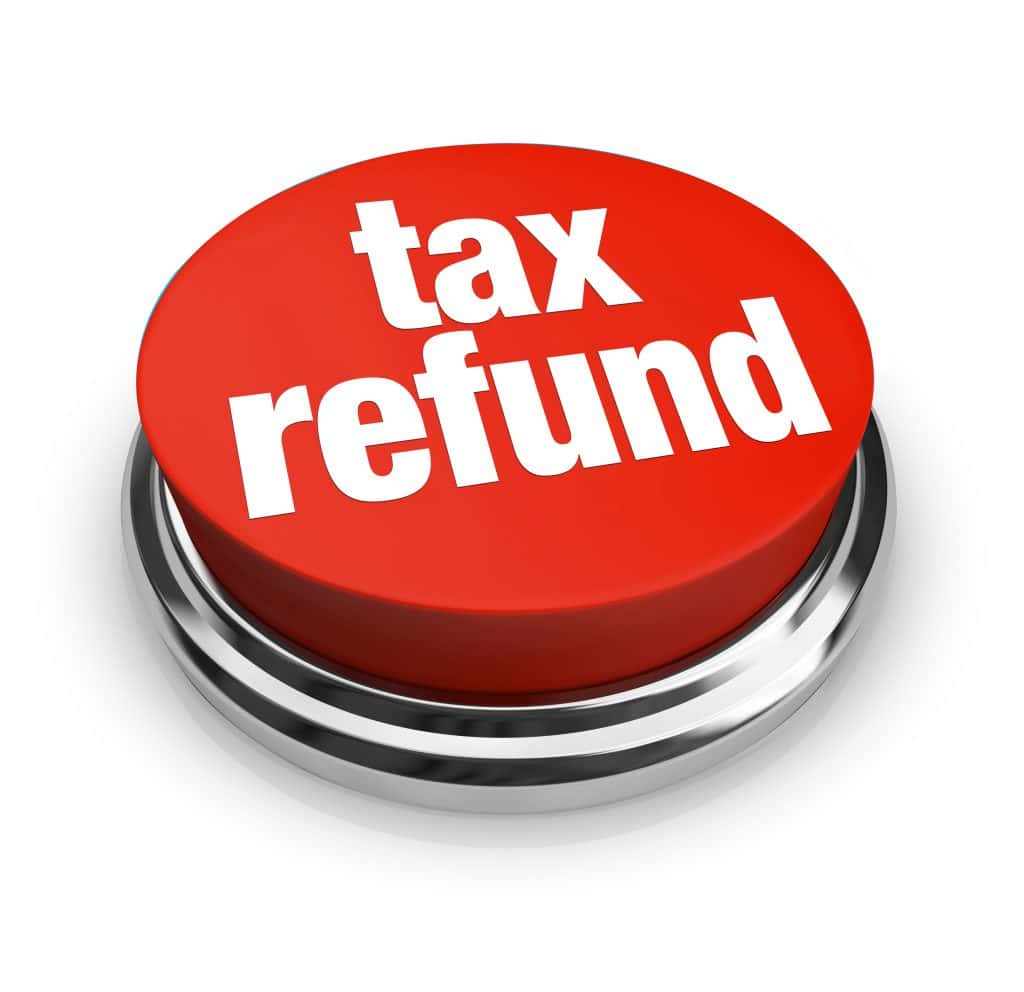
Errors on your three credit reports could reduce your access to credit and certain types of employment. Unfortunately, credit reporting errors are quite common. According to the Consumer Financial Protection Bureau (CFPB), it received 43,000 complaints involving credit score errors during 2016.
Common credit report errors may include:
- Incorrect reporting status: Your credit reports could contain very old accounts that should no longer be listed. Accounts that you have paid may be listed as unpaid. In addition, your credit reports may list the wrong balance or lender for an account.
- Mistaken identity: Your credit reports could list accounts that do not belong to you. This type of error may occur when your credit report lists an account that belongs to someone with a similar name. A family member’s negative account status may also be listed on your report by mistake.
- Data management errors: On its website, the CFPB lists common data management errors that can harm your credit reports. For instance, a negative account may be listed on one or more of your reports multiple times. Data on your reports that was once removed may be reapplied by one of the credit bureaus.
- Old address or employer: In some cases, your credit reports may list an old address. Old employers may also be listed. You can contact the credit bureaus to update this information.
- Identity theft: While this is not a credit reporting mistake, identity theft can cause severe havoc to your credit scores. Thieves who have stolen your identity may open new lines of credit in your name. Your reports may show several open or closed accounts that you did not open. You may contest these accounts, but the process is notorious for being difficult and time-consuming.
How Can I Check for Errors on My Credit Reports?
There is no such thing as a permanent credit score. If you have negative marks on your three credit reports, then you can still make improvements by paying off debts and showing financial stability. If you suspect that you have errors on your credit report, then you will need to conduct a more detailed investigation. Depending on the circumstances, you may need to dispute errors with lenders or the three credit bureaus.
You can pull free copies of your three credit reports from Experience, Equifax and TransUnion once per year from annualcreditreport.com. Once you pull your reports, you can then go through and begin looking for some of the errors we have listed above. This is a time-consuming process, but it may also make it easier for you to apply for new lines of credit or to be hired at certain types of jobs.
If you are struggling with debts, the Kansas City bankruptcy attorneys at The Sader Law Firm could help you develop strategies for managing your finances.
 Book an
Book an Email
Email Directions
Directions







